
People with missing family members take part in a charity campaign in Hangzhou, Zhejiang province, on June 1, 2021. (Photo by Long Wei/For China Daily)
Causes of trafficking not eradicated despite decline in cases, ministry says
The Ministry of Public Security has launched a nationwide 10-month campaign to crack down on the abduction and trafficking of women and children, it announced on Wednesday after a teleconference.
The campaign, which started on Tuesday and will last until the end of the year, will ask public security organs across the country to collect evidence related to abduction, and to identify women and child vagrants and beggars, especially those with disabilities. They should be clear about the number and the situation of such people in each area.
Police officers should visit places including orphanages and rescue management institutions, along with staff members in communities, villages and other administrative organs, to comb through evidence of infringements of women's and children's rights and focus on suspected abductees, the ministry said.
A sound reporting mechanism will also be established, and the public will be encouraged to report evidence related to abductions. The public security organs should promptly collect DNA and other information from suspected abductees and those seeking lost relatives.
Recently, a high-profile case of a woman chained up in a rundown hut in Fengxian county, Jiangsu province, attracted widespread attention. The woman, identified as Xiaohuamei, is from Fugong county, Yunnan province. She was abducted and trafficked to Fengxian in 1998.
She gave birth to eight children during the past 24 years but no one reported her abduction to local authorities until video clips of her went viral online in January, triggering a strong outcry against abductions.
The ministry asked public security organs to learn about new trends in abduction, speed up the investigation and resolution of existing cases, and improve the integrated working mechanism for prevention, crackdown, assistance and resettlement.
The ministry will oversee the handling of a number of major cases that have long been unsolved and work with the Supreme People's Procuratorate and the Supreme People's Court to urge suspects to turn themselves in.
In addition, efforts will be stepped up in offering rescued abductees rehabilitation, resettlement, assistance and privacy protection, helping them return to their families and integrate into society.
Abduction and trafficking crimes peaked in the 1980s and 1990s in China, and due to the influence of multiple factors, the breeding ground for trafficking has not been completely eradicated, it said.
According to the ministry, the number of cases of abduction and trafficking of women and children last year was 88.3 percent down on the number in 2013.
However, the working mechanism of prevention, detection, rescue and settlement needs to be improved, it said.
In January last year, the ministry launched an operation to reunite abducted children with their families based on the national anti-abduction DNA system and a missing children alert platform. Police nationwide found 10,932 missing and abducted people last year, with the longest period of abduction reaching 74 years.
The ministry has released the addresses and contact numbers of more than 3,000 free blood collection centers nationwide for collecting DNA information from those who think they may have been abducted and people who are seeking missing relatives. By the end of last year, 19,000 people had offered their blood for matching in the system.










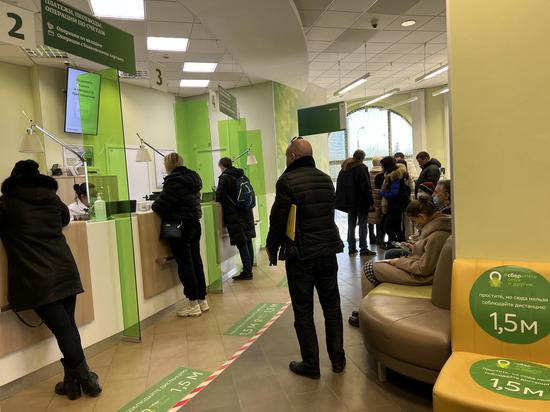
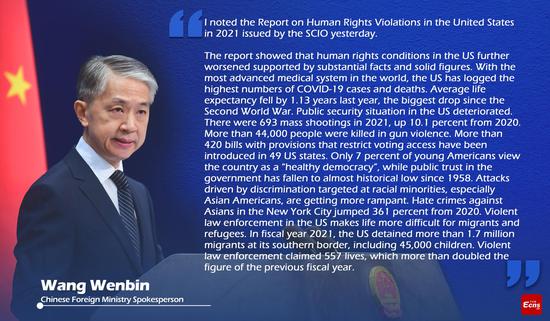

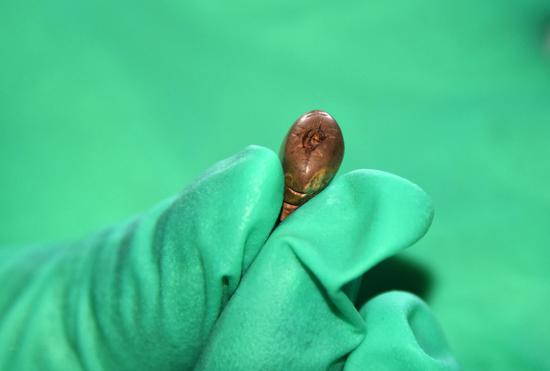
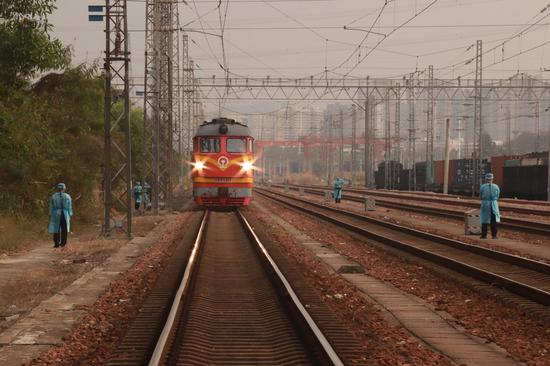

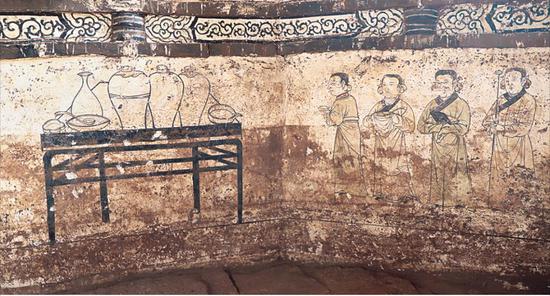

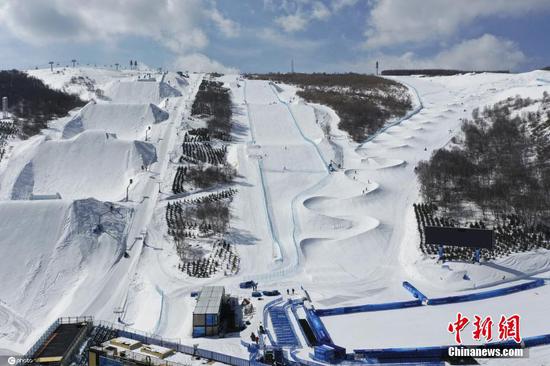


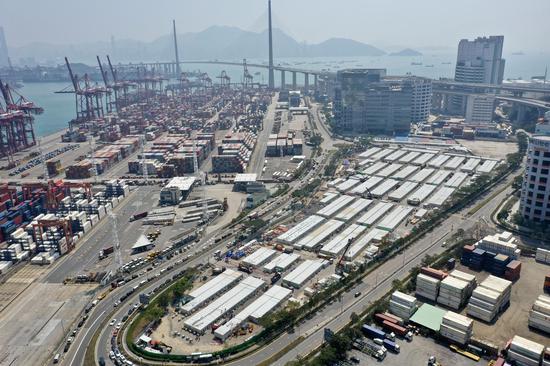
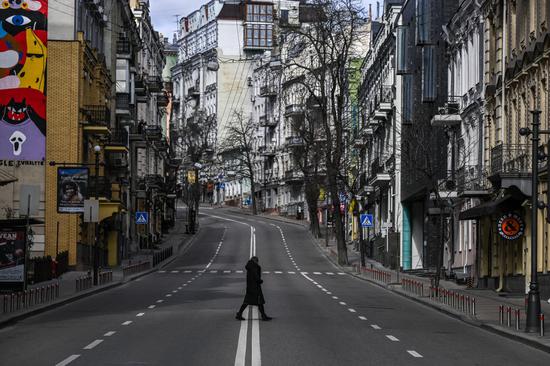


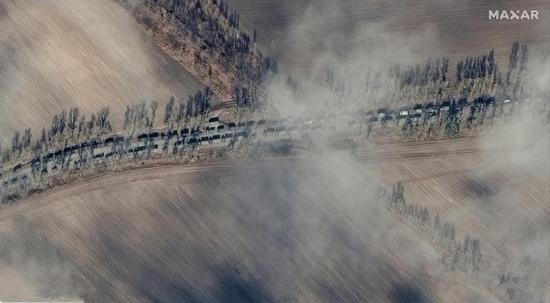


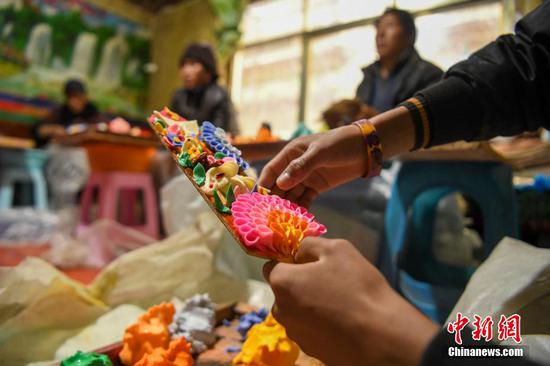


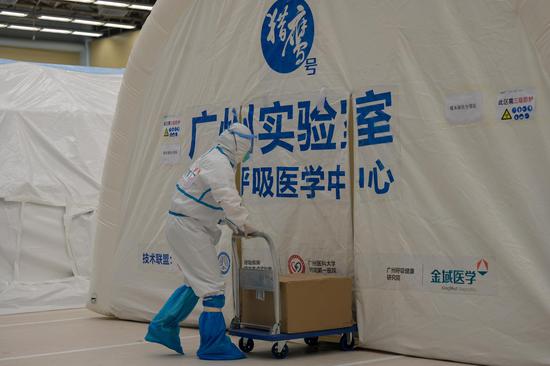
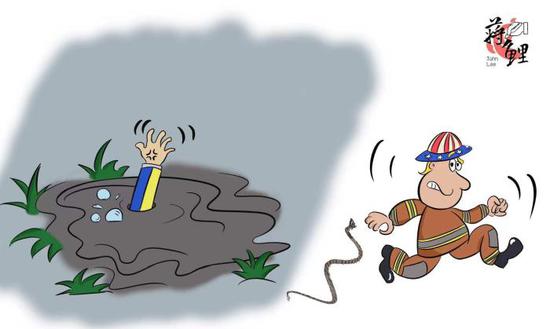


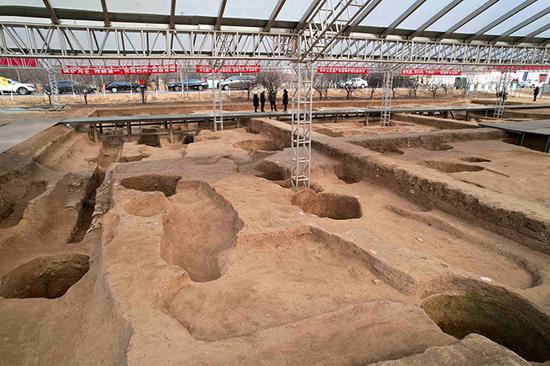

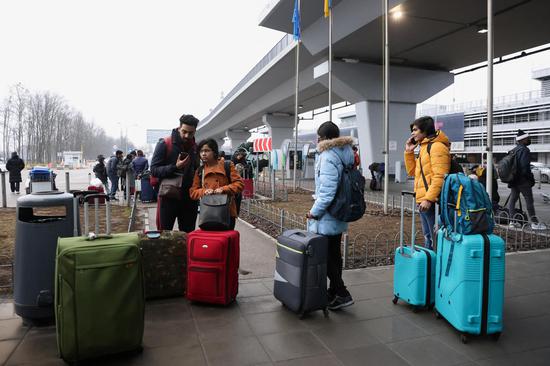
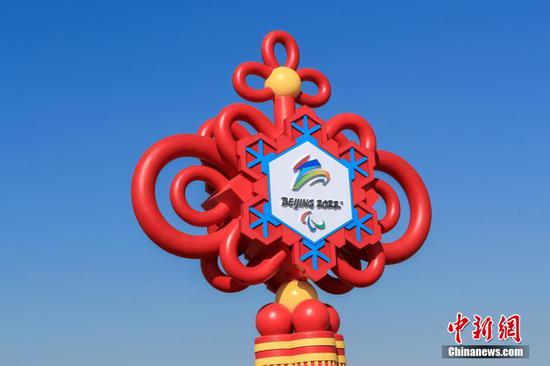
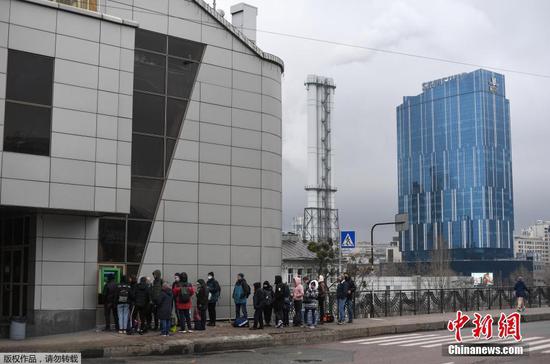
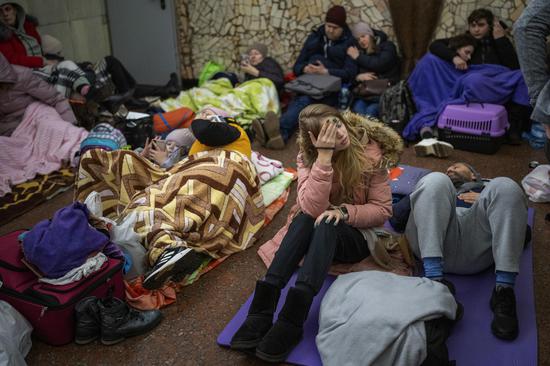


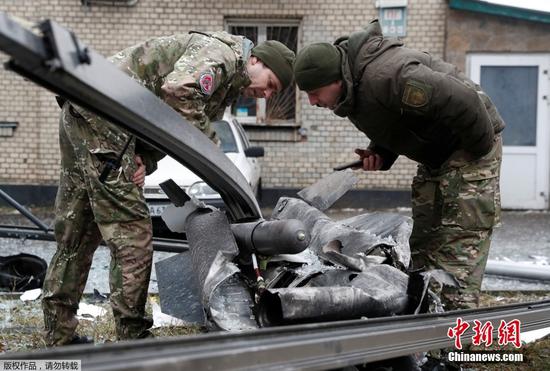
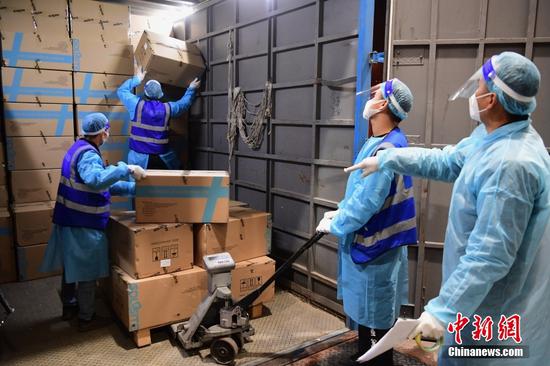





 京公网安备 11010202009201号
京公网安备 11010202009201号